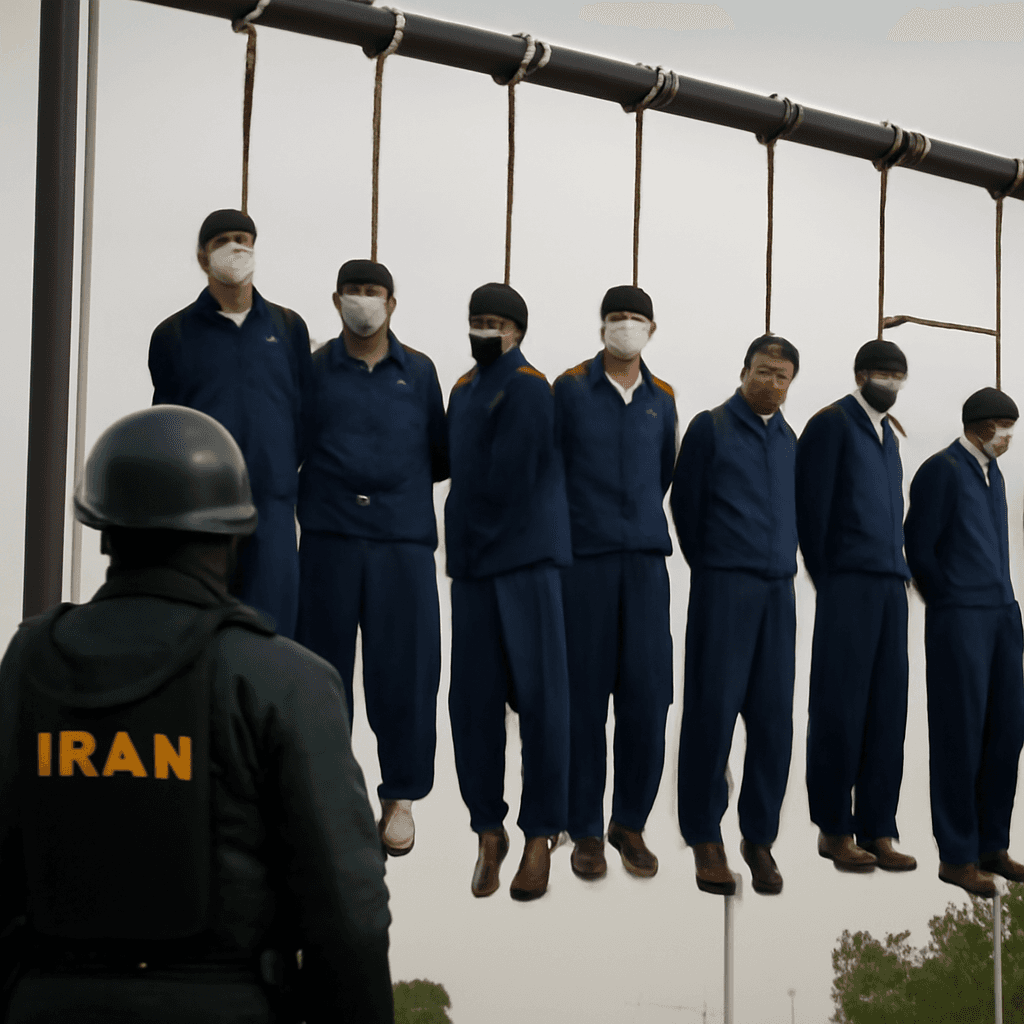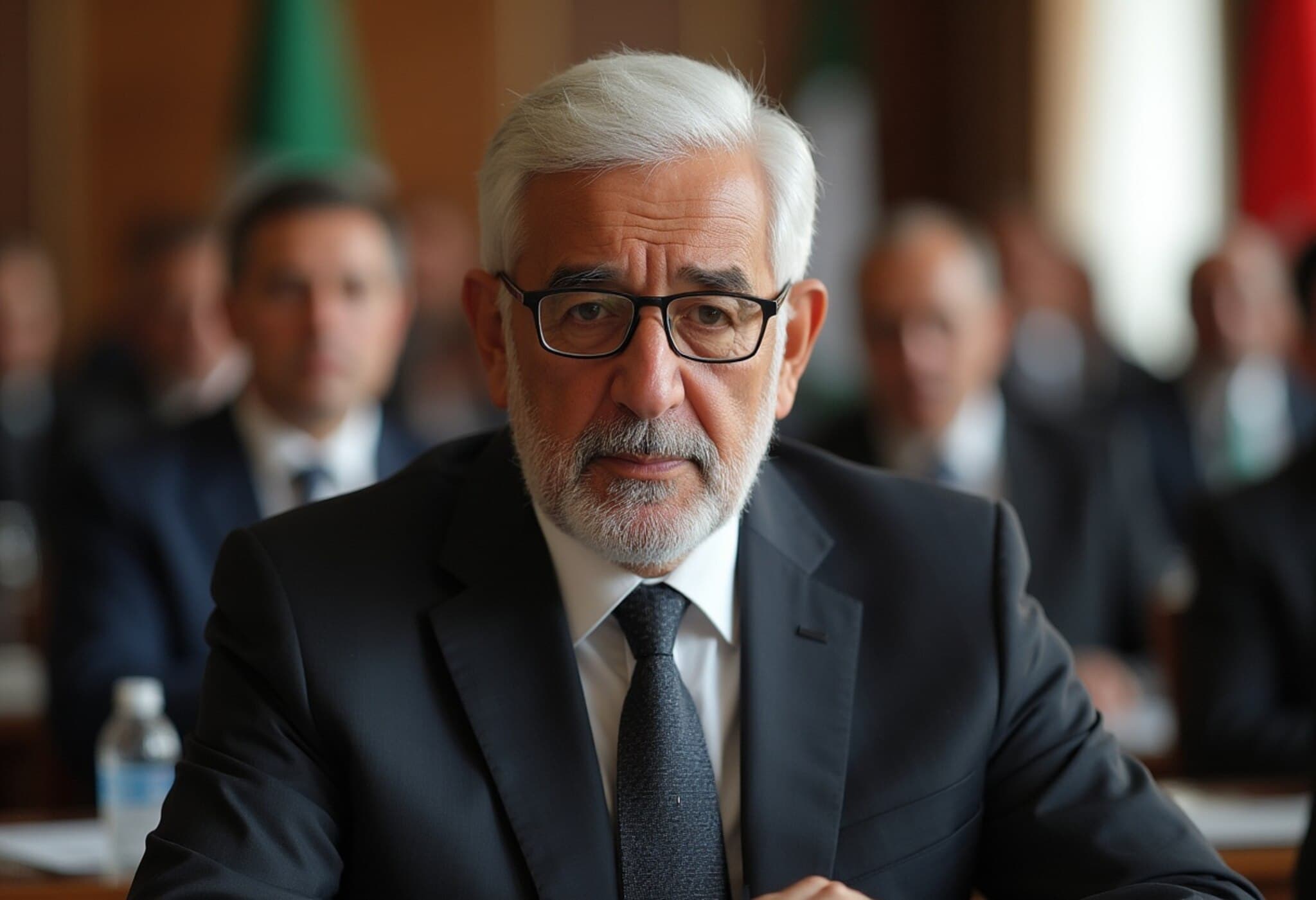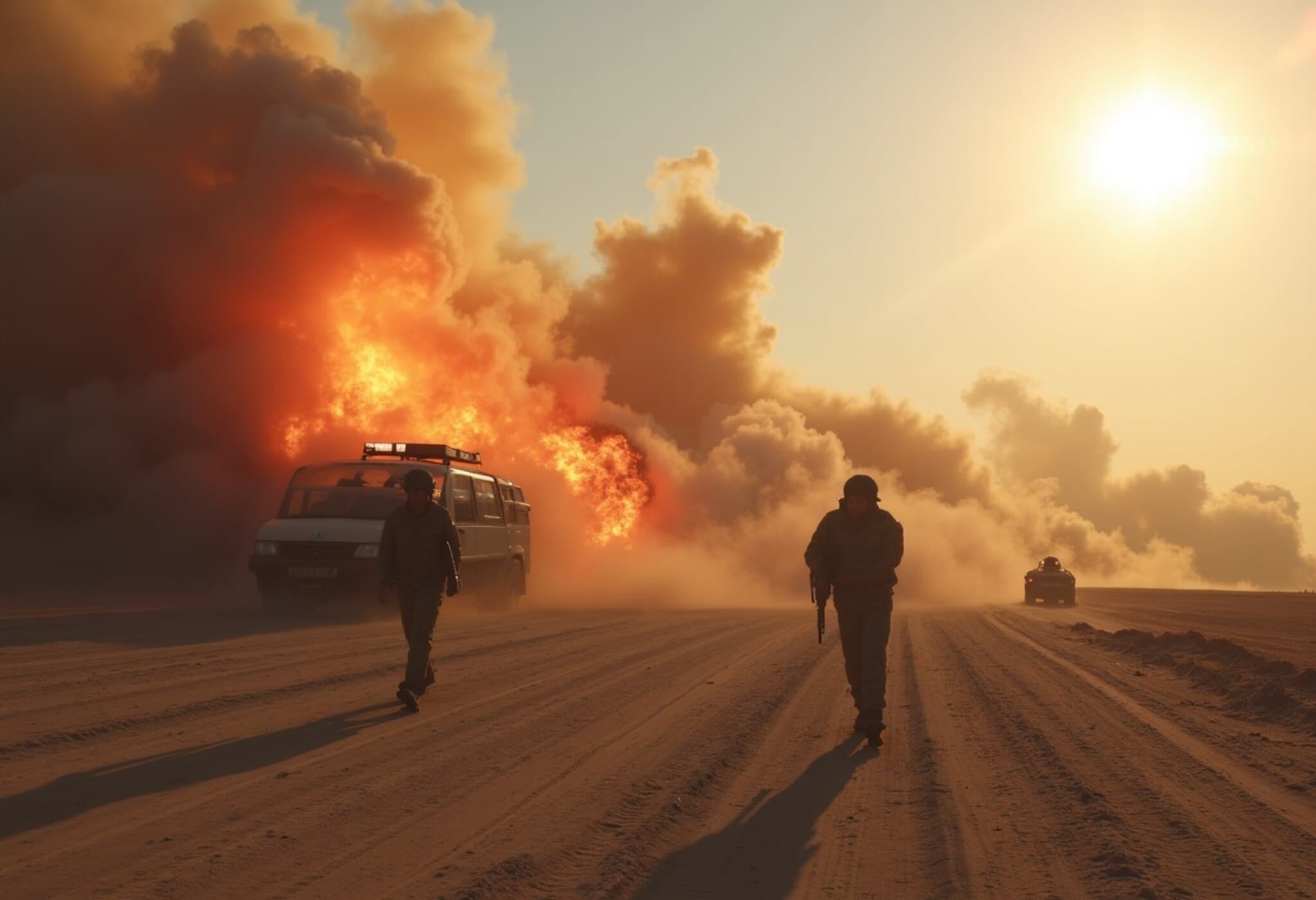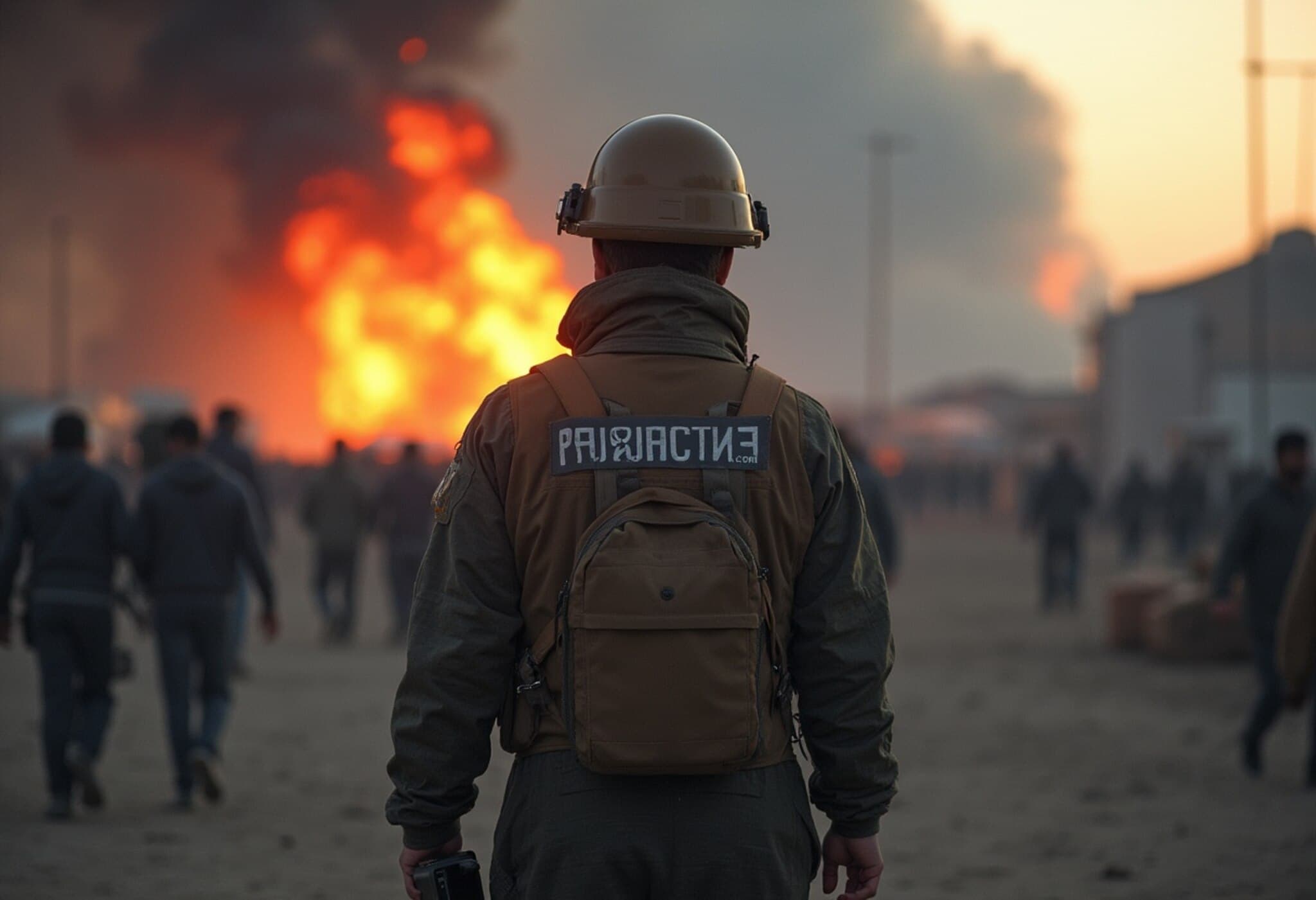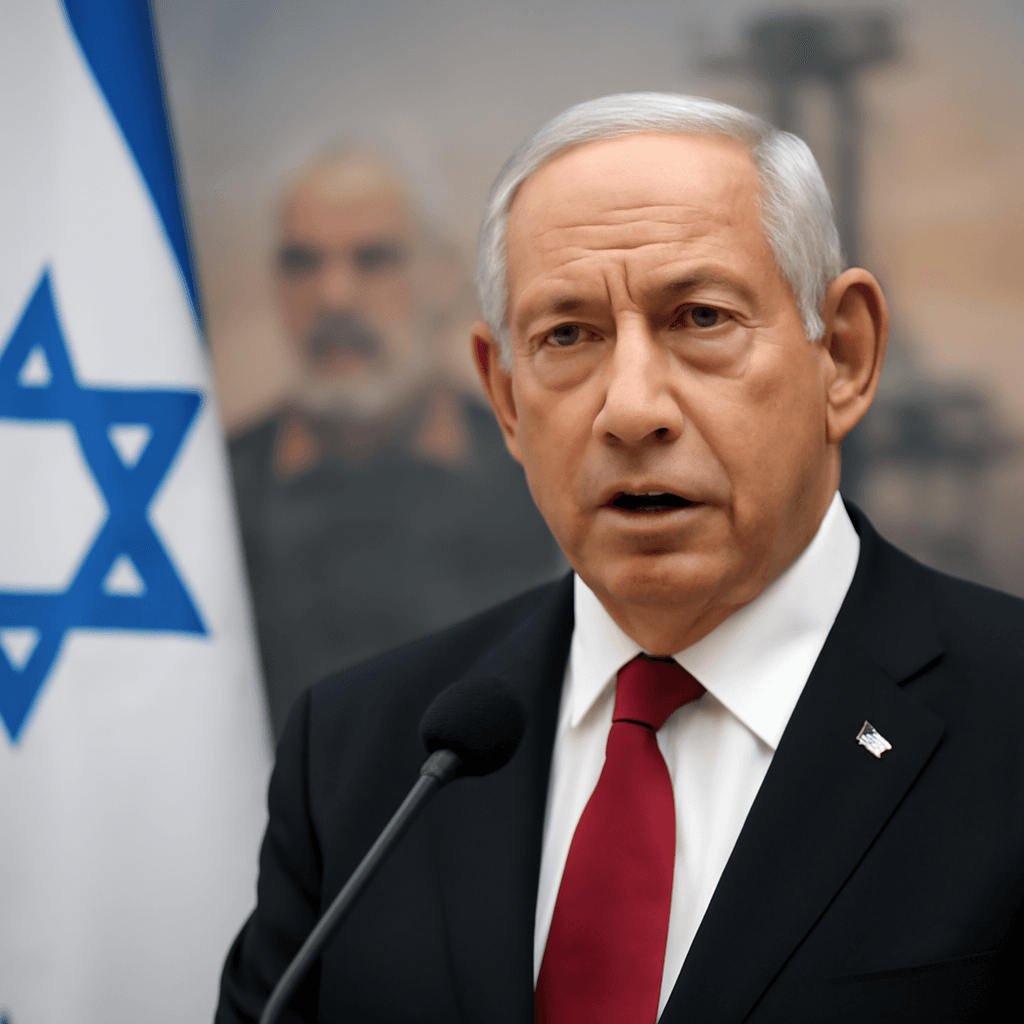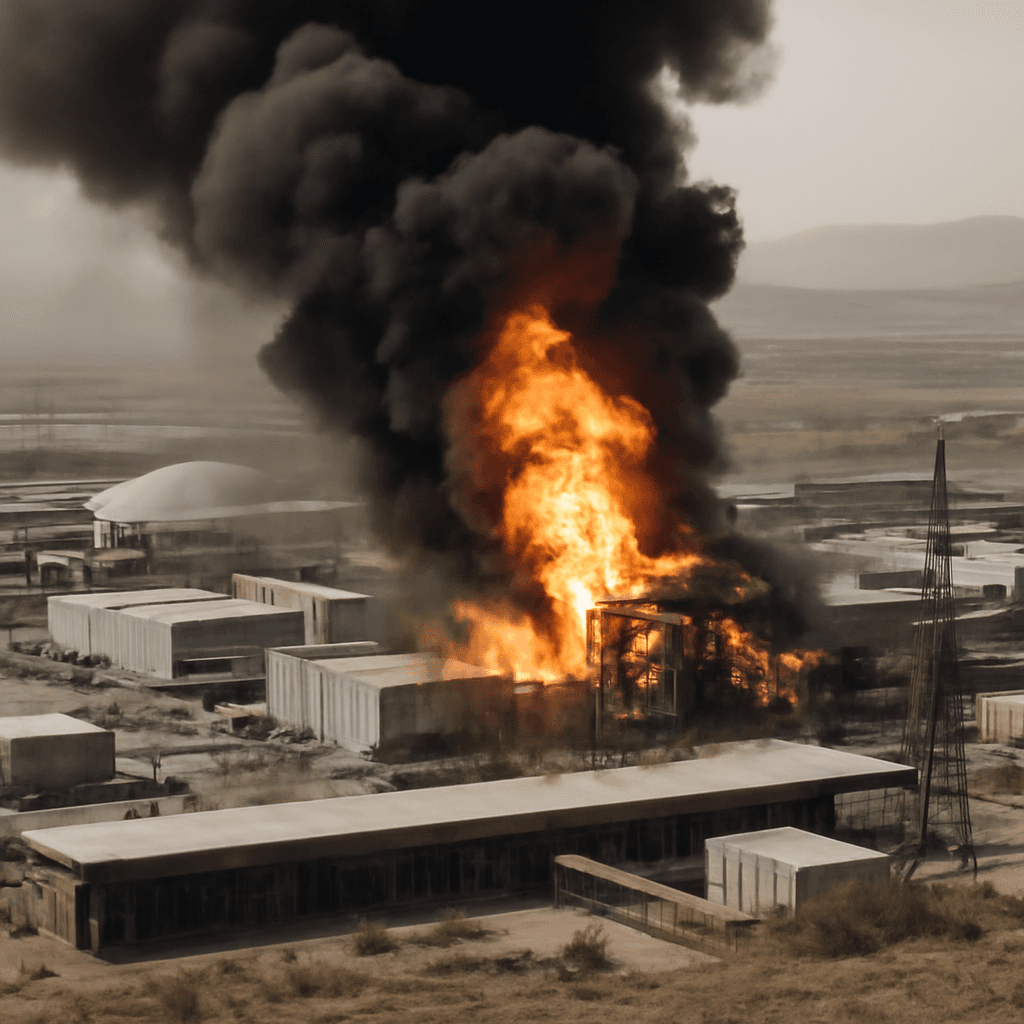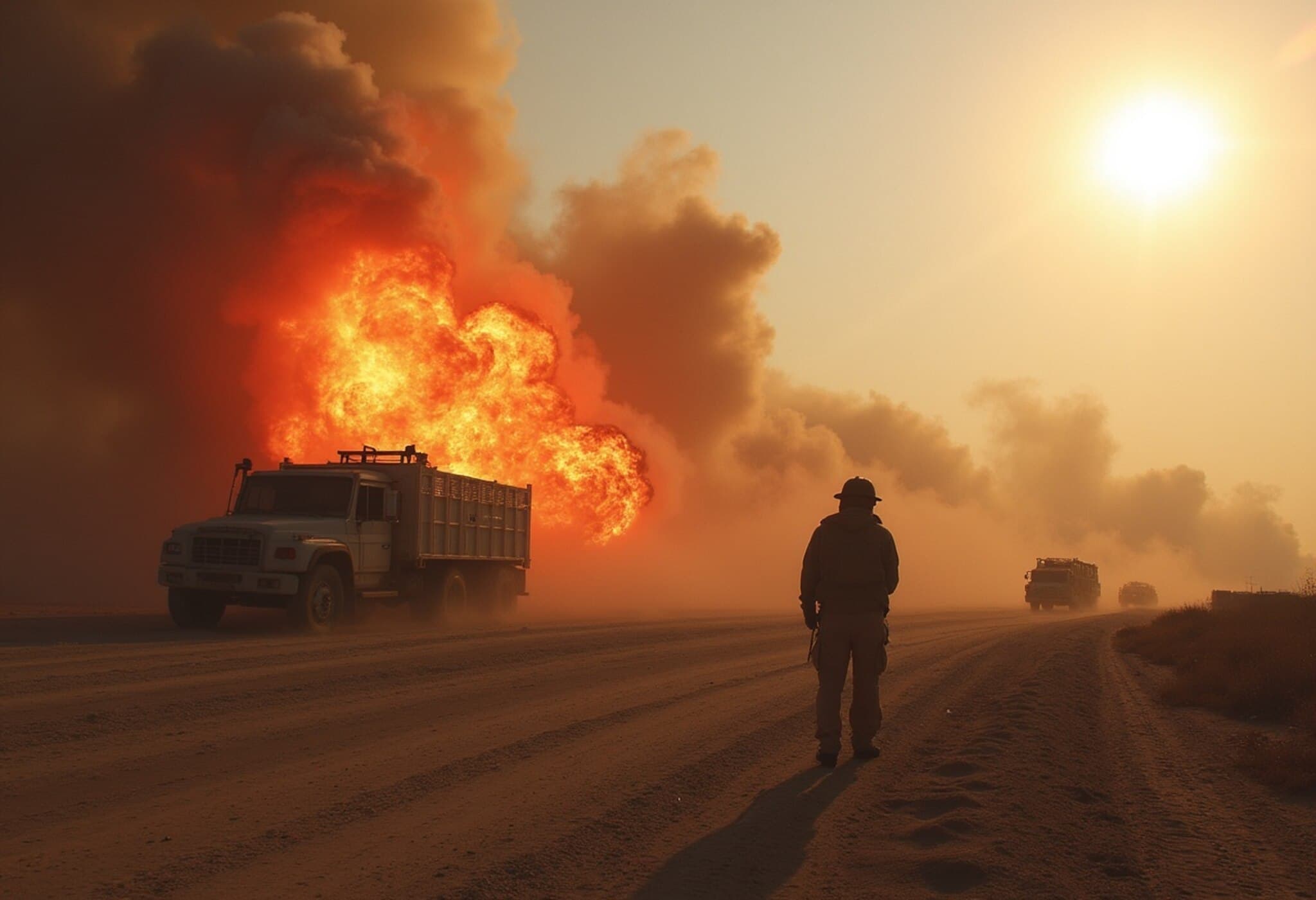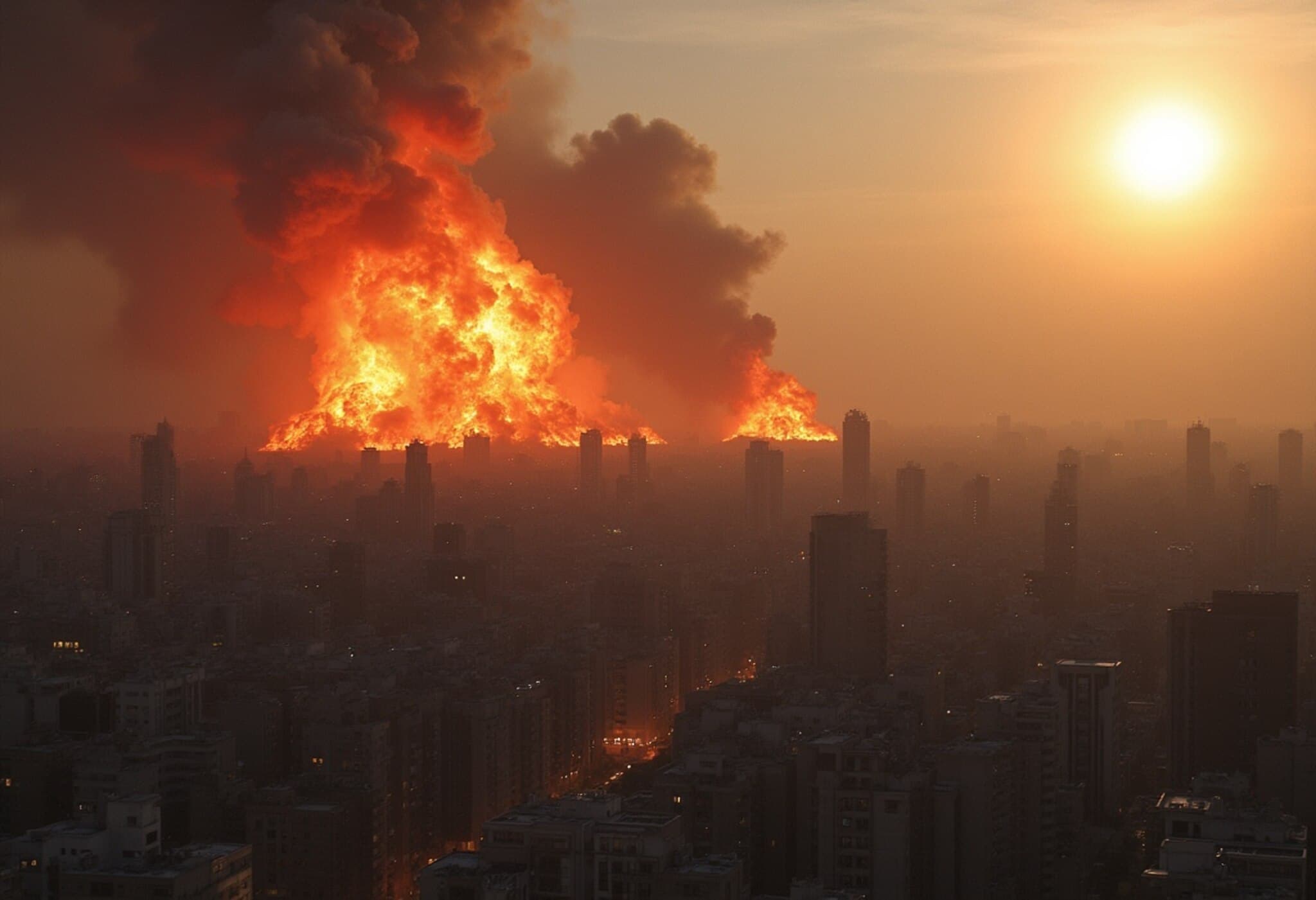US Initiates Partial Evacuation of Iraq Embassy Over Security Concerns
The United States is preparing to partially evacuate its embassy in Iraq amidst growing regional security threats, according to U.S. and Iraqi officials. This move also includes authorizing the voluntary departure of military dependents from several Middle Eastern locations.
Escalating Risks Prompt Swift Action
While the specific threats driving this decision remain undisclosed, it comes amid heightened instability in a region already rattled by ongoing conflicts. The announcement triggered a sharp reaction in the oil market, pushing prices up by more than 4%.
A spokesperson from the State Department confirmed that a routine personnel review led to the decision but refrained from elaborating. The White House also acknowledged that the President is fully aware of the unfolding situation.
Regional Tensions Intensify Amid Gaza Conflict and Nuclear Talks
The evacuation occurs against the backdrop of escalating tensions fuelled by the protracted conflict in Gaza and stalled diplomatic efforts to curb Iran's nuclear program. The specter of a broader confrontation looms, potentially pitting the US and Israel against Iran and its allied groups.
In recent days, the US President has openly expressed doubt over Iran’s willingness to halt uranium enrichment — a pivotal point in the negotiations. Iran, in turn, has warned it would retaliate against US military facilities in the event of strikes.
Military Presence and Troop Movements
- The US maintains a significant military footprint in Iraq, Kuwait, Qatar, Bahrain, and the UAE.
- Defense Secretary authorized voluntary departure for military family members primarily based in Bahrain.
- Staff departure from the US embassy in Baghdad is planned via commercial transport, with the military on standby to assist if needed.
- No evacuation orders have been issued for facilities like the Al Udeid Air Base in Qatar, which continues regular operations.
Impact on Regional Stability and Global Markets
The news sent oil futures soaring, with Brent crude rising to $69.18 per barrel, reflecting fears of further instability affecting global energy supplies.
Maritime authorities have also issued warnings for vessels navigating through critical waterways near Iran—including the Gulf of Oman and the Straits of Hormuz—cautioning that increased tensions might disrupt shipping lanes.
Iraq’s Delicate Position Amid Dual Alliances
Iraq hosts approximately 2,500 US troops and simultaneously maintains strong ties with Iran-backed factions integrated into its security forces. Since the onset of the Gaza conflict, attacks on US forces by Iran-aligned groups within Iraq have surged.
Meanwhile, Israel has escalated operations targeting Iran-linked militias operating inside Iraq and Syria, further complicating regional dynamics.
Response from Iran and Broader Strategic Implications
Iran dismissed US threats of overwhelming military force as counterproductive, reiterating its stance against pursuing nuclear weapons and blaming US militarism for regional instability.
This comment followed US Central Command’s statement on providing the President with a broad range of strategic options to prevent Iran from acquiring nuclear capabilities.
The US partial evacuation signals rising uncertainty in the Middle East, emphasizing the fragile nature of regional security and the delicate balance between diplomacy and military preparedness.








